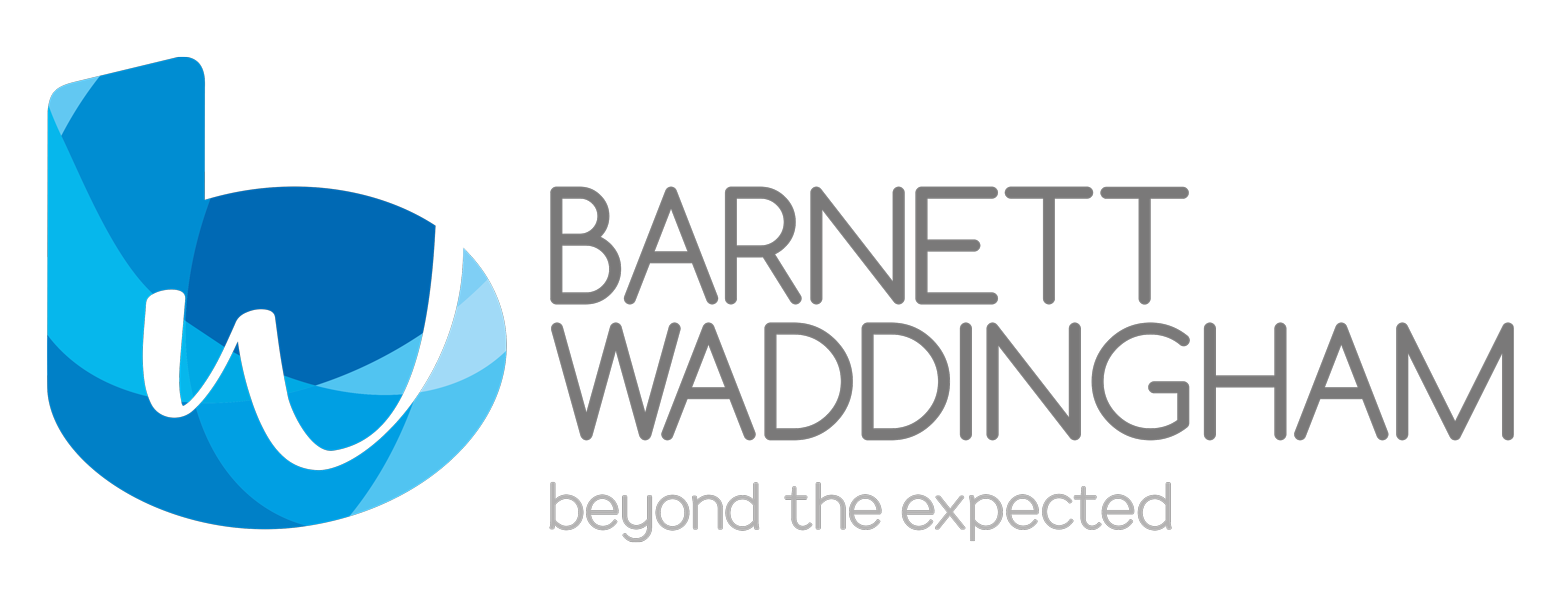
The impact of recent volatility in the gilt market has, of course, been significant for all types of UK pension schemes. A lot of commentary focusses naturally on the impact on LDI, and for schemes focusing on the end game, but Barnett Waddingham have identified very different challenges facing schemes that are open to accrual.
Future service cost is often even more volatile than funding levels, because of the longer duration, and the fact that there are (usually) no matching assets to offset volatility. This has led to significant volatility in contribution rates for schemes, which causes real challenges in terms of knowing what the real cost of benefits is. Many employers have been talking to staff over recent years about the increasing cost of benefits, and the need therefore to reduce benefits - what now happens if benefit costs fall?
Levels of prudence
There are a number of reasons why open schemes may have chosen to fund future benefits less prudently. It is important to have an objective measure of the cost of benefits when making decisions over what is affordable.
Future service contributions should arguably not be based on market conditions at the valuation date - they are paid and invested over the next three years. There are other reasons too, and some of the logic behind these reasons changes when gilt yields are higher; some beliefs on the relative benefits of growth/protection assets may need reconsidering too.
This all means that it is worth thinking about whether now is the time to introduce some more prudence (relative to current yields) into the valuation basis - don't just assume that the current market movements feed straight through to the future service cost.
Making the most of the current opportunity
The recent rises in yields have been the first time for many years where the cost of DB benefits has significantly fallen. Let's assume for now that these higher yields persist, at least for the short term. What does that mean for open schemes?
One challenge this poses is for schemes that have been reducing benefits as the cost has increased. What is the right message to members now, who may feel that this should also work in reverse?
Setting a budget for the cost of DB benefits (which would mean benefits increase if the cost goes down) is an idea worth exploring. To do this, careful consideration will be needed over what a sustainable level of cost is, and what the ‘right', objective cost of benefits is (i.e. the actuarial assumptions used, encapsulating the level of prudence). Given the yield rises, it may be possible to set the budget lower than the contribution rates previously paid, which would mean that the budget is more likely to be sustainable for the sponsor.
More generally, sponsors and trustees of open DB schemes must be wondering what can be done to lock in the cheaper rates of future service benefit. This comes down to careful consideration of the investment strategy, and also benefit design - what are the risks that DB really helps with, and which risks don't have such a big impact on outcomes?
Conclusion
Open DB schemes are often overlooked, and this includes the issues they are facing at the current time, which are no less challenging, but also quite different from the issues for schemes focussed on de-risking. That said, the current (at least at time of writing!) higher yields do create an opportunity to make changes that allow schemes to be more sustainable for the future, and so now is the time to think about taking that opportunity.
Barnett Waddingham have lots of ideas on how to make this work in practice, and are always interested in hearing from trustees / sponsors who would like an independent view of their situation, or just to talk some ideas through.
This post is funded by Barnett Waddingham









